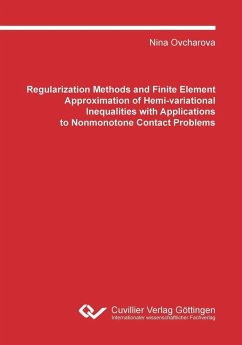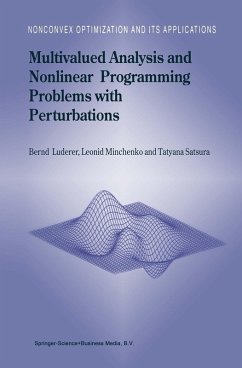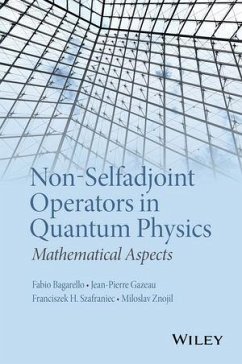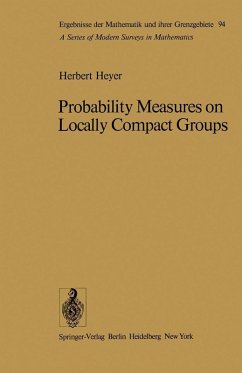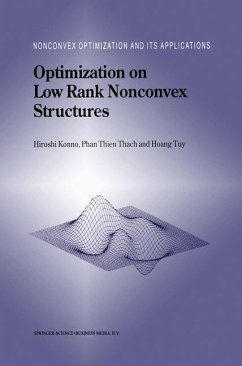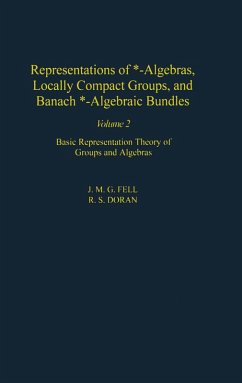
Compact and Finite Rank Perturbations of Selfadjoint Operators in Krein Spaces with Applications to Boundary Eigenvalue Problems (eBook, PDF)
Sofort per Download lieferbar
11,79 €
inkl. MwSt.

PAYBACK Punkte
0 °P sammeln!
A selfadjoint operator A in a Krein space (K, [•, •]) is called definitizable if
the resolvent set ρ(A) is nonempty and there exists a polynomial p such that
[p(A)x, x] ≥ 0 for all x ∈ dom (p(A)). It was shown in [L1] and [L5] that a
definitizable operator A has a spectral function EA which is defined for all real
intervals the boundary points of which do not belong to some finite subset of the real axis. With the help of the spectral function the real points of the spectrum σ(A) of A can be classified in...
A selfadjoint operator A in a Krein space (K, [•, •]) is called definitizable if
the resolvent set ρ(A) is nonempty and there exists a polynomial p such that
[p(A)x, x] ≥ 0 for all x ∈ dom (p(A)). It was shown in [L1] and [L5] that a
definitizable operator A has a spectral function EA which is defined for all real
intervals the boundary points of which do not belong to some finite subset of the real axis. With the help of the spectral function the real points of the spectrum σ(A) of A can be classified in points of positive and negative type
and critical points: A point μ ∈ σ(A) ∩ R is said to be of positive type (negative
type) if μ is contained in some open interval δ such that EA(δ) is defined and
(EA(δ)K, [•, •]) (resp. (EA (δ)K, −[•, •])) is a Hilbert space. Spectral points of
A which are not of definite type, that is, not of positive or negative type, are
called critical points. The set of critical points of A is finite; every critical point of A is a zero of any polynomial p with the “definitizing” property mentioned above. Spectral points of positive and negative type can also be characterized with the help of approximative eigensequences (see [LcMM], [LMM], [J6]), which allows, in a convenient way, to carry over the sign type classification of spectral points to non-definitizable selfadjoint operators and relations in Krein spaces.
Dieser Download kann aus rechtlichen Gründen nur mit Rechnungsadresse in A, B, BG, CY, CZ, D, DK, EW, E, FIN, F, GR, HR, H, IRL, I, LT, L, LR, M, NL, PL, P, R, S, SLO, SK ausgeliefert werden.




